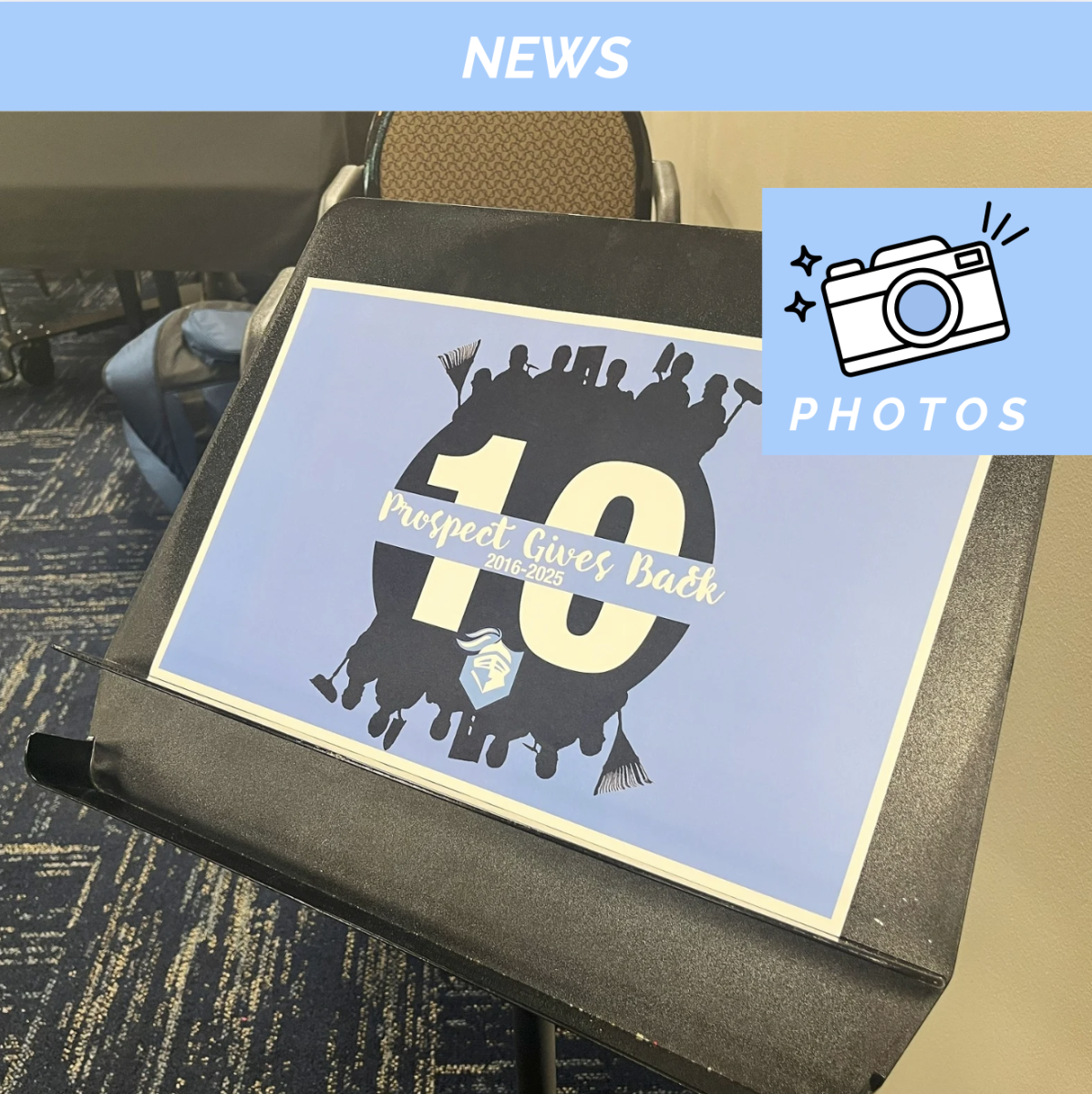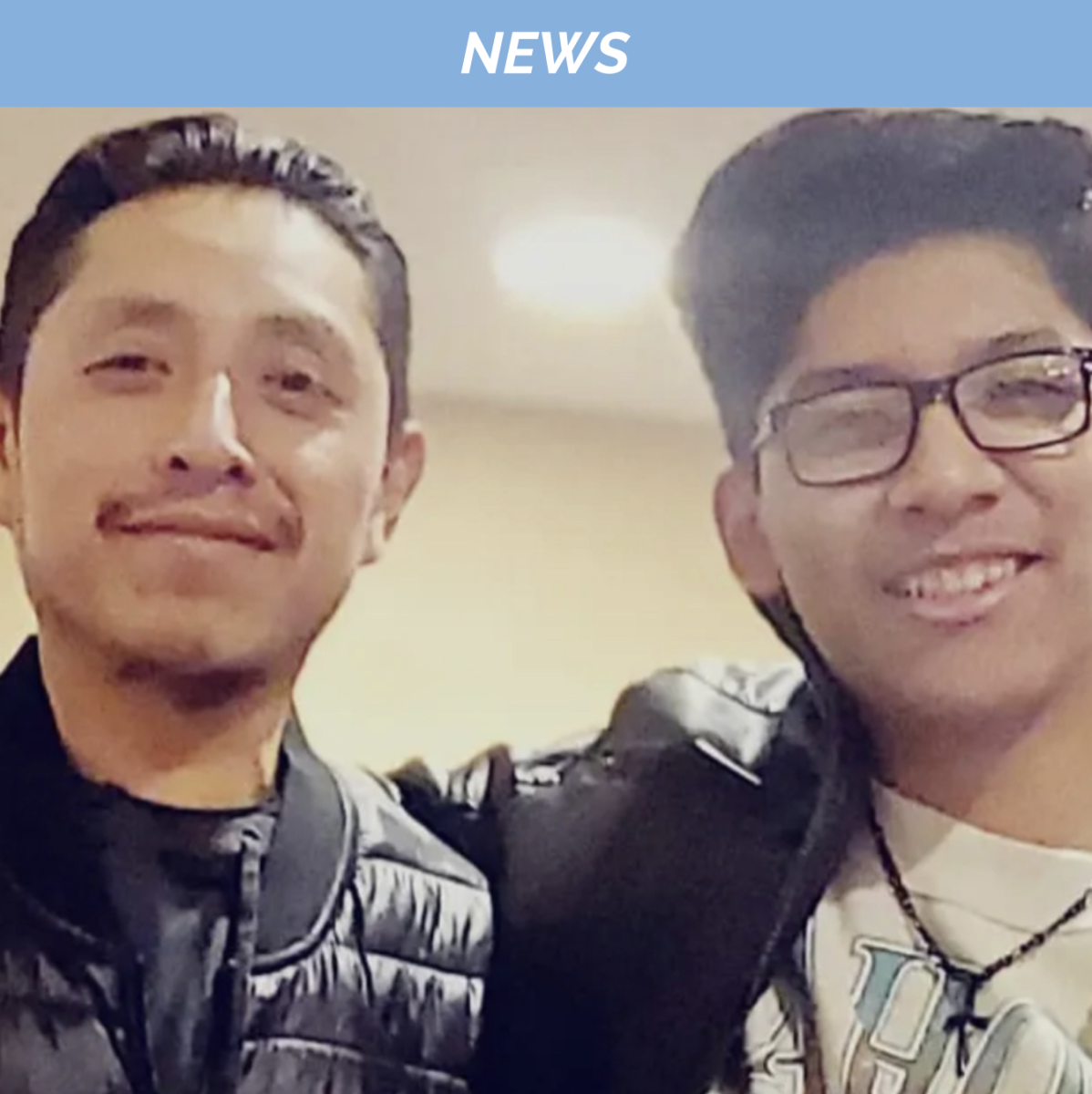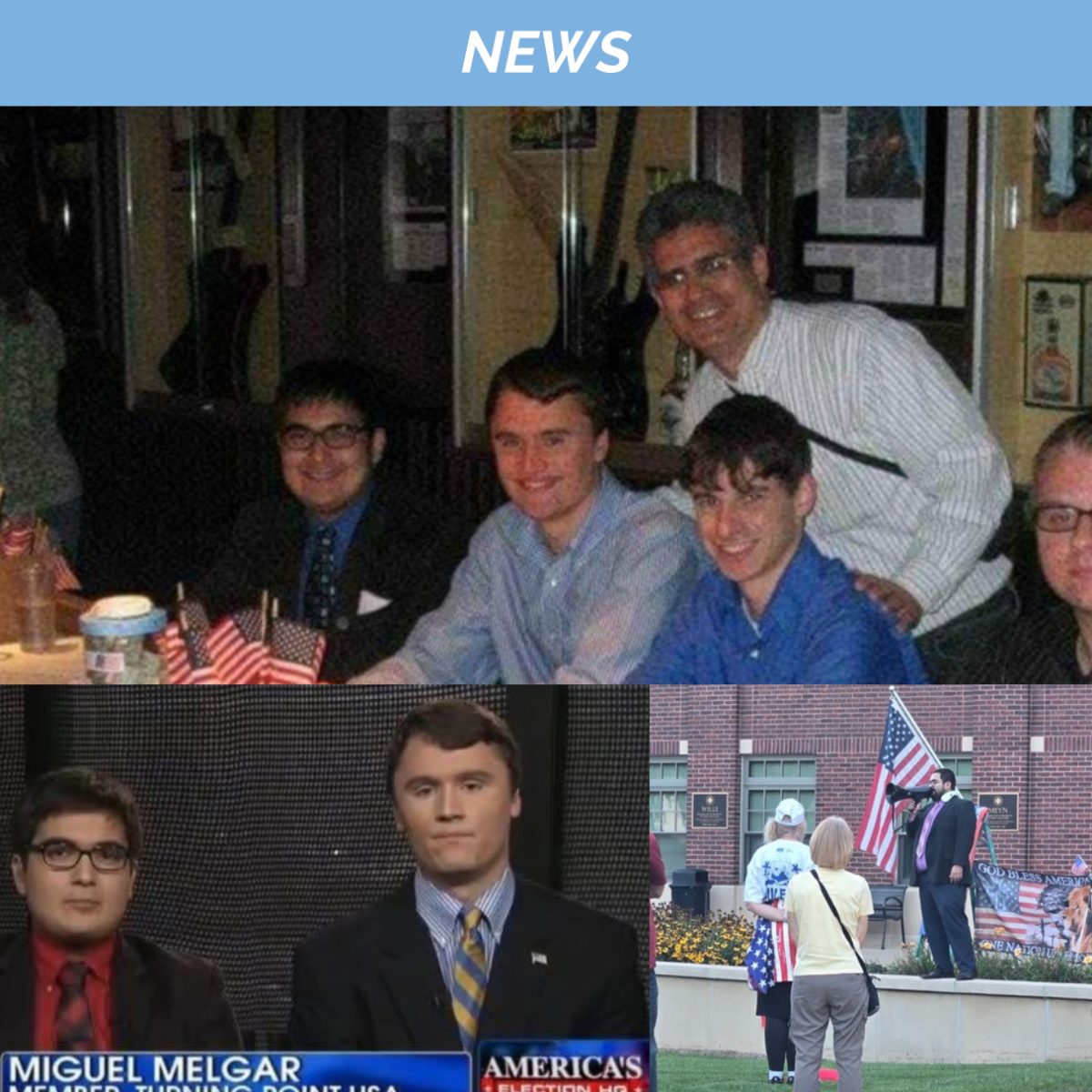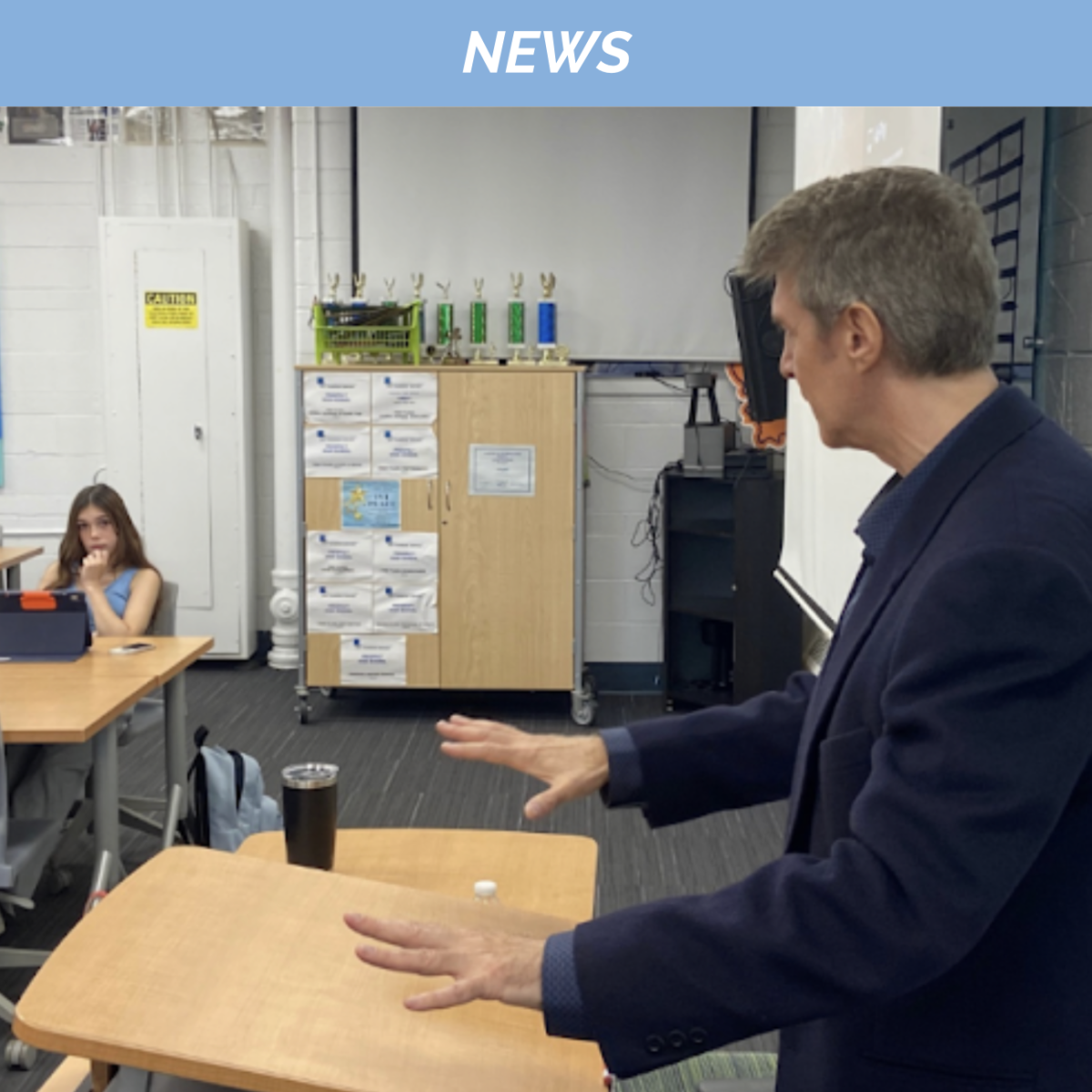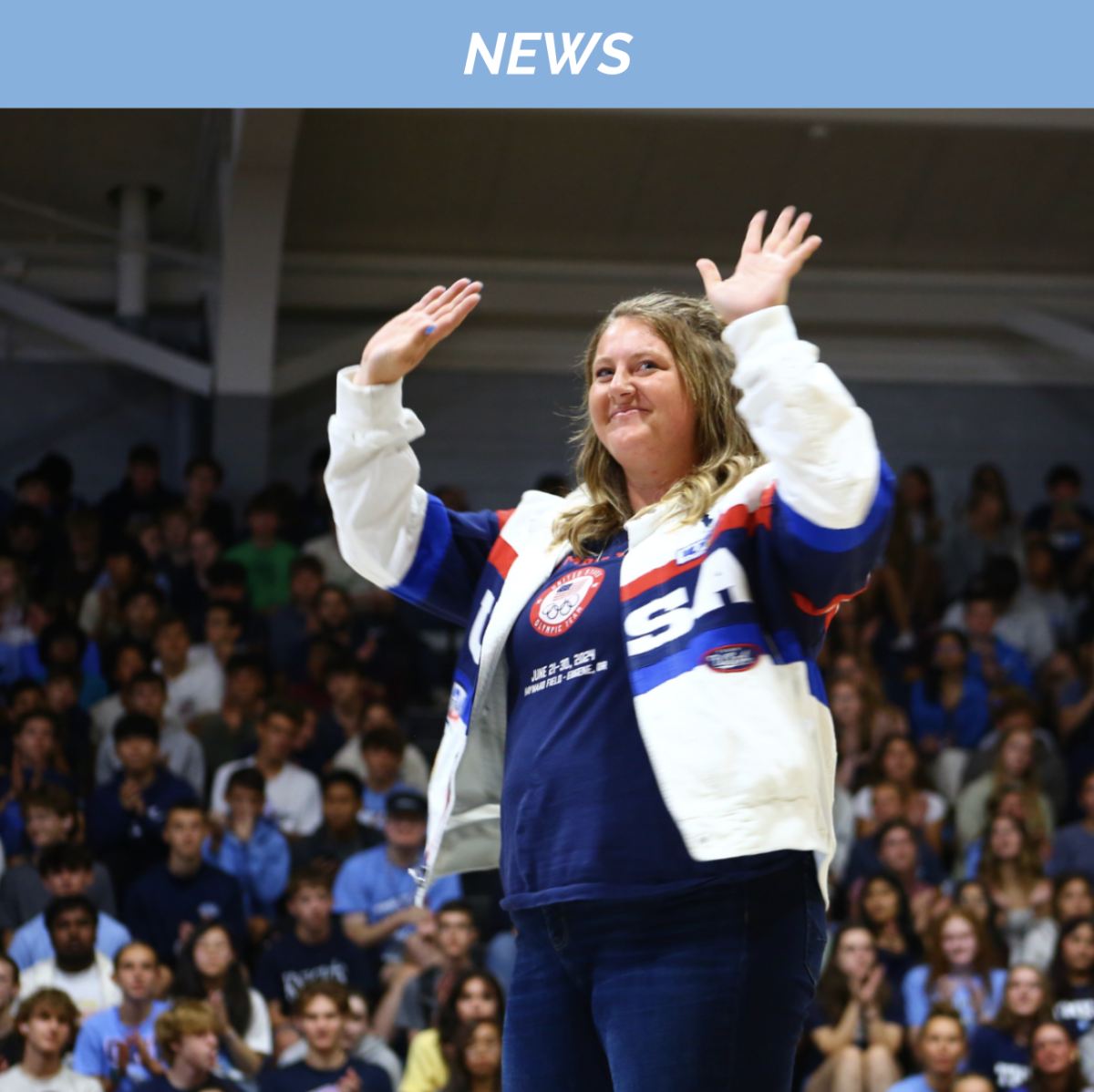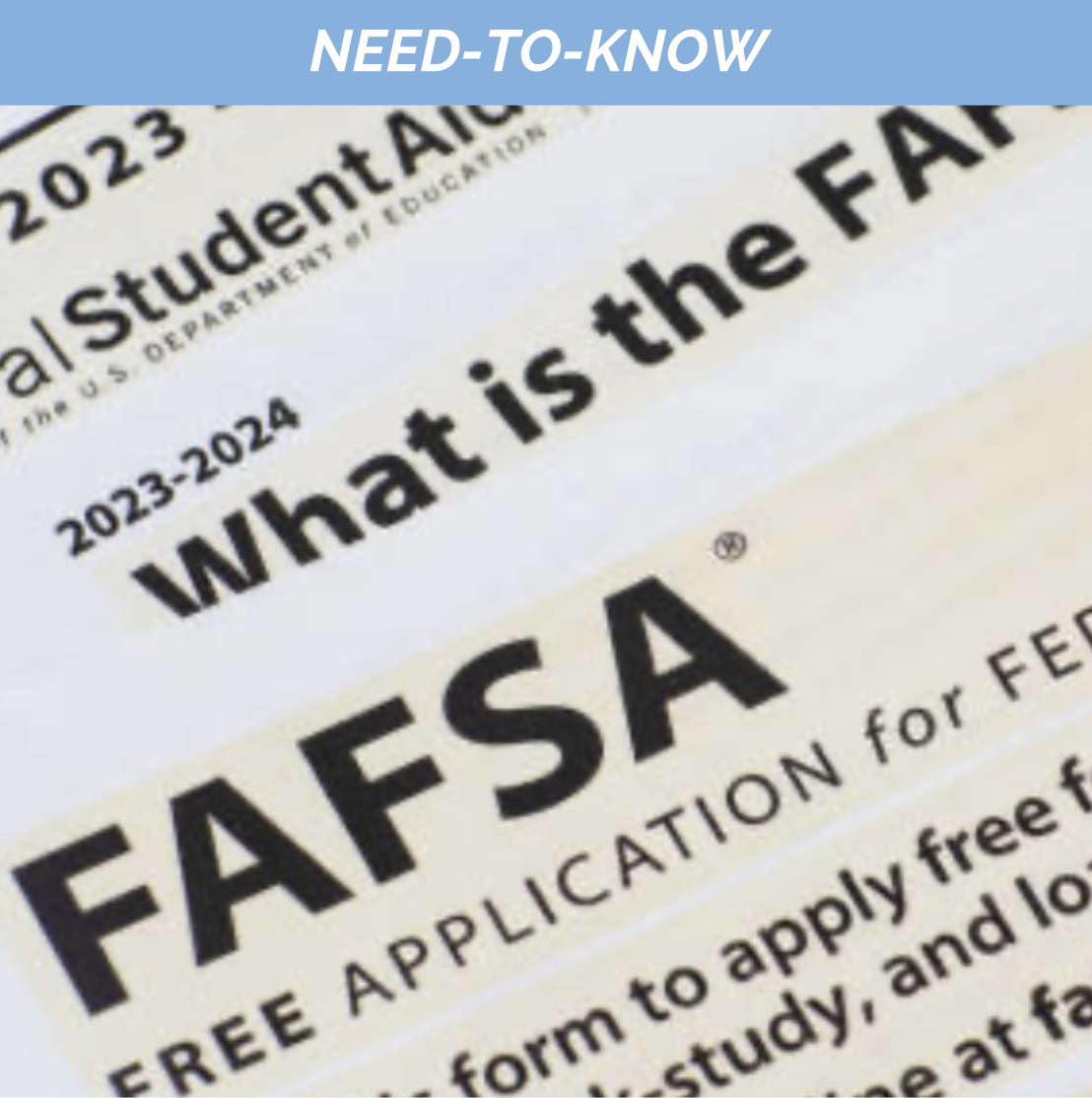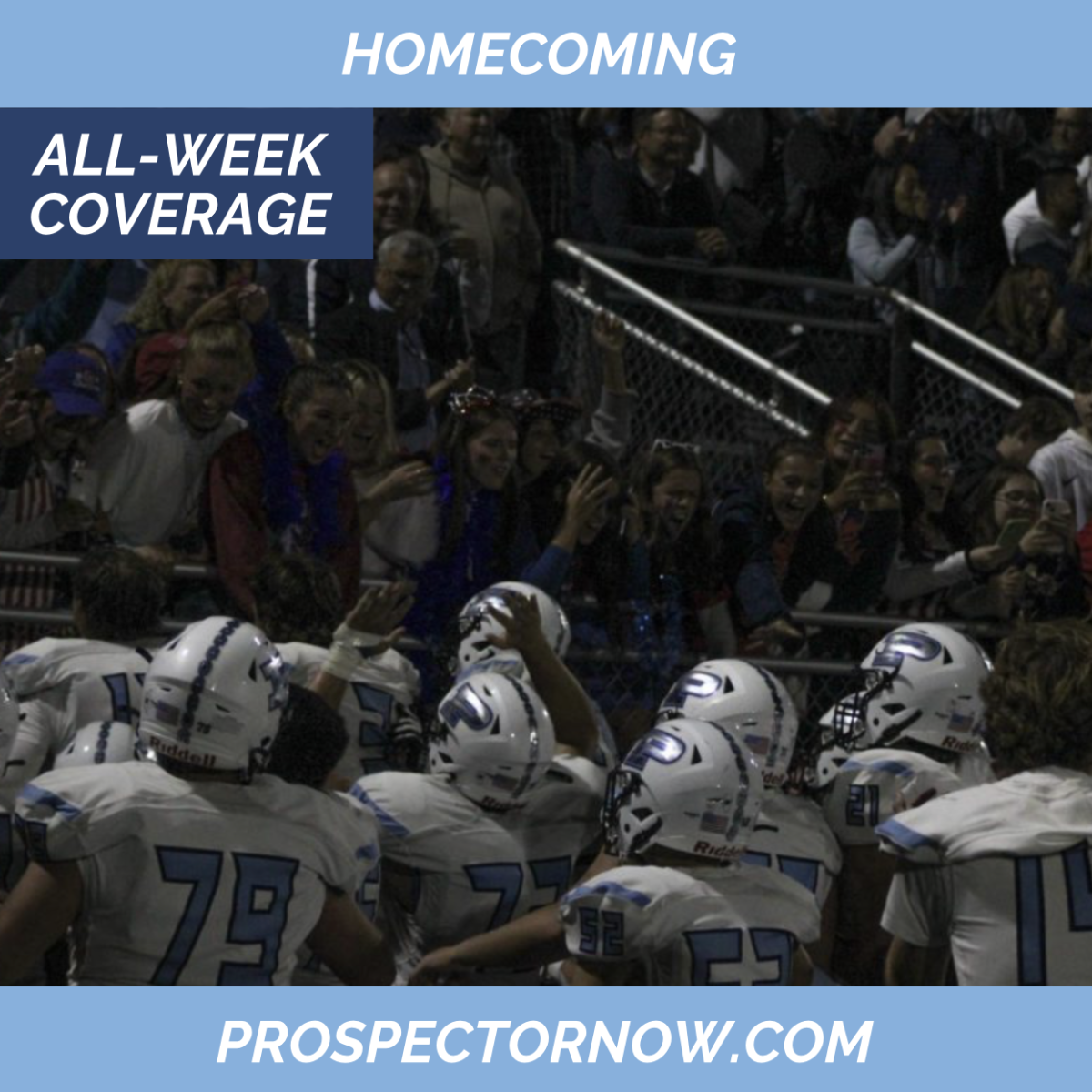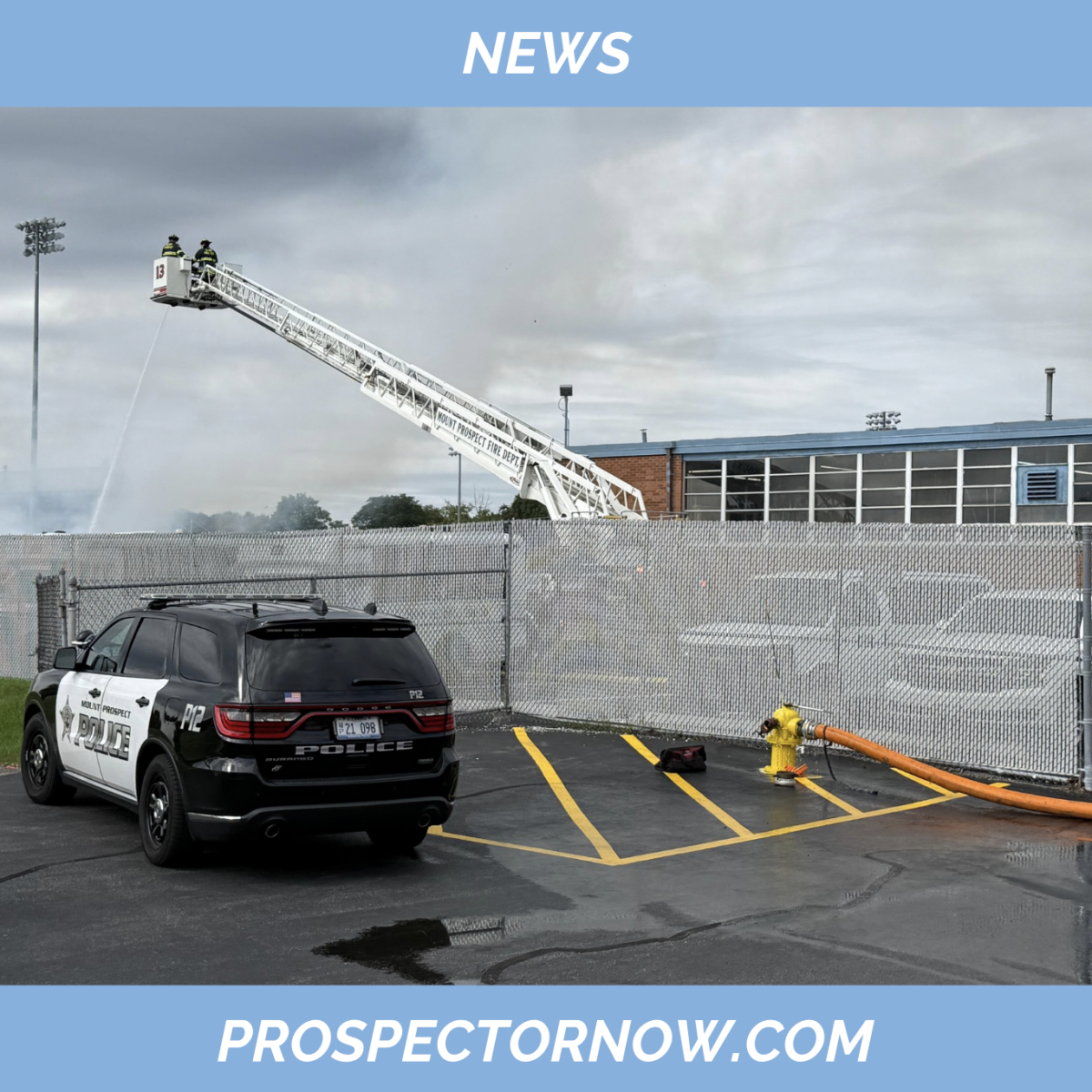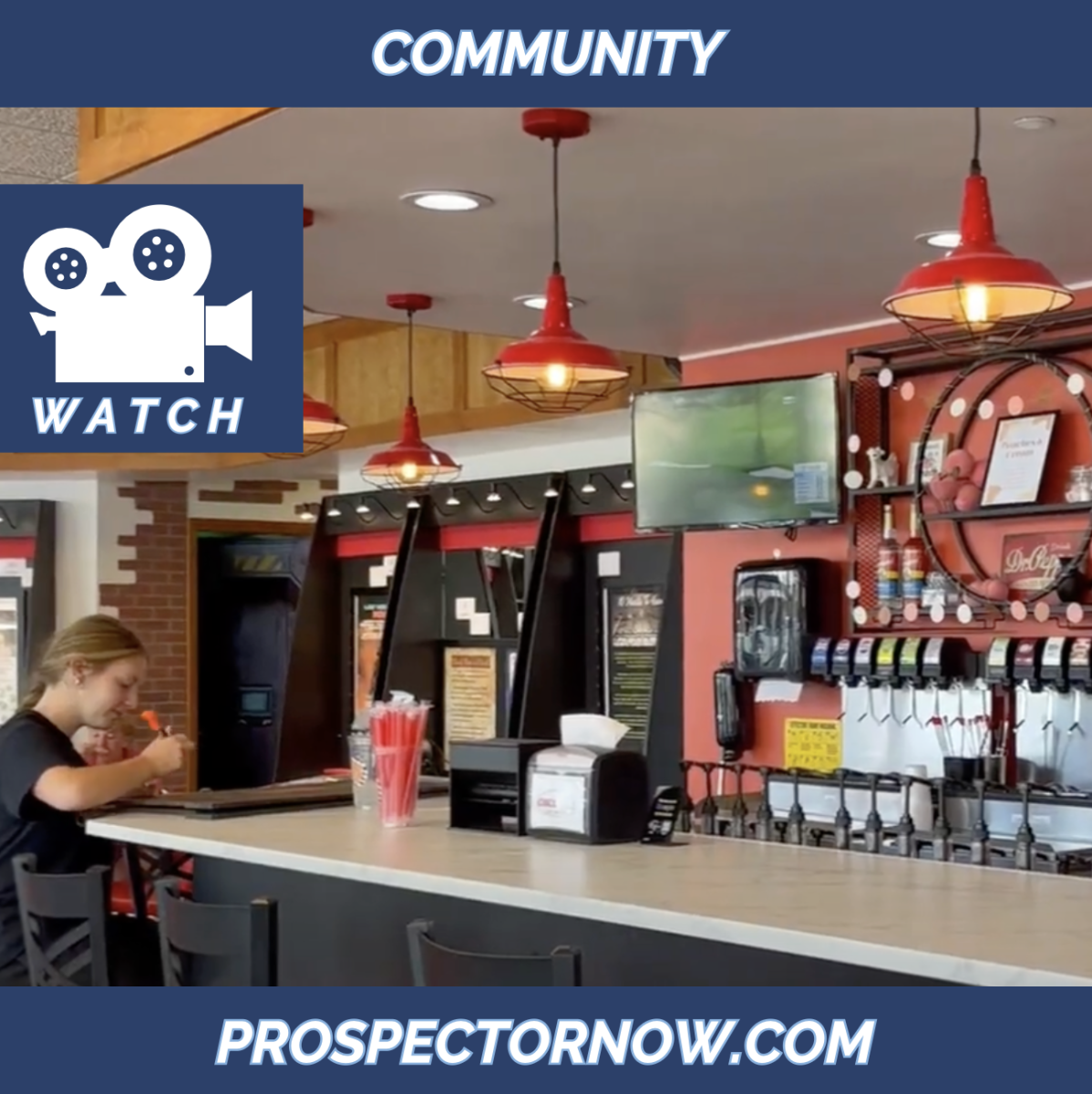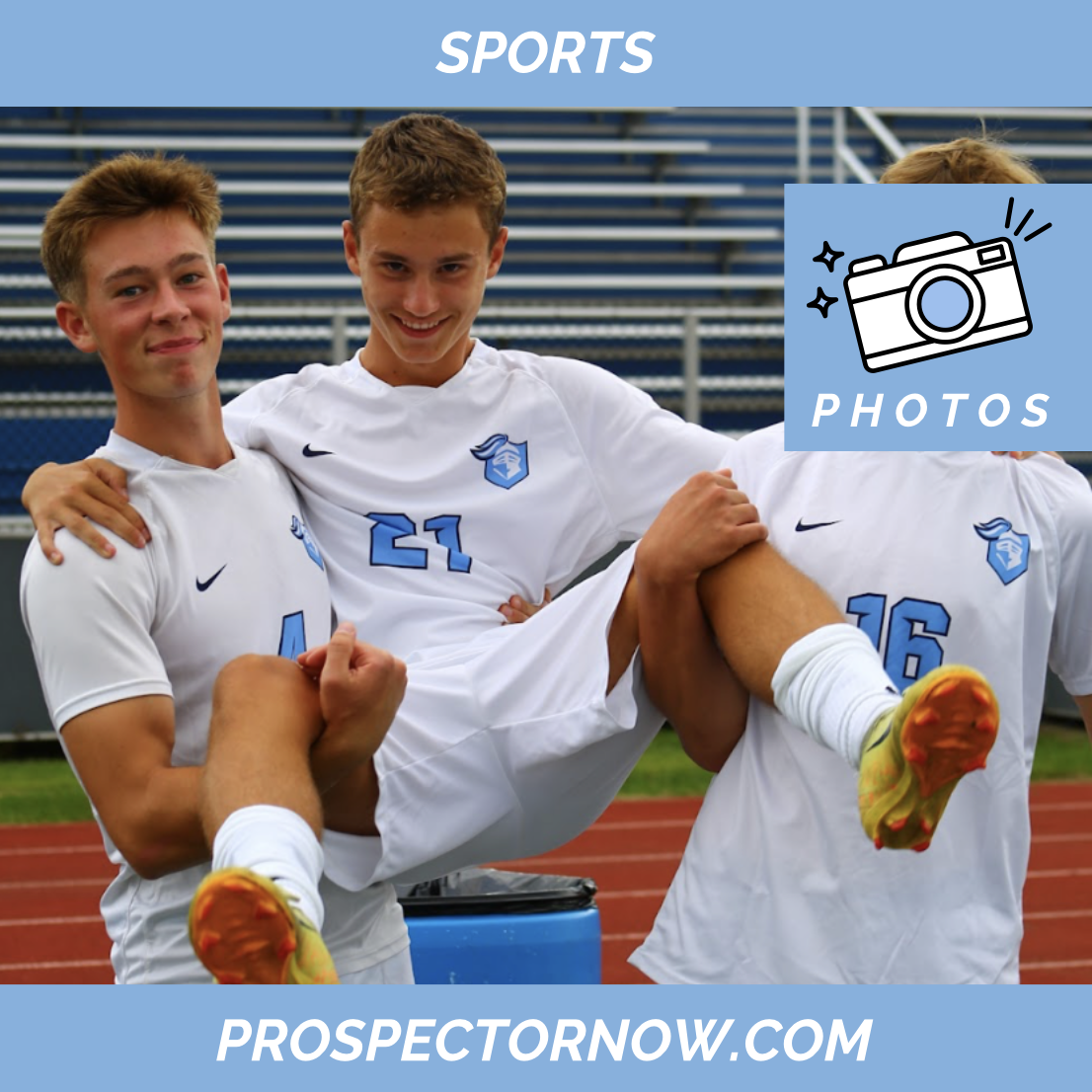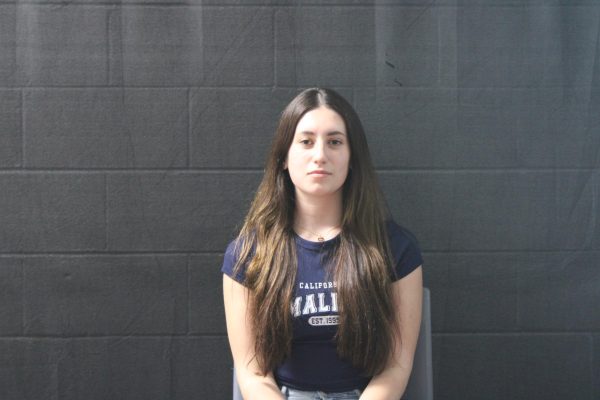College admissions and applications are some of the most stressful and time consuming processes any student will have to go through, not to mention the Free Application for Federal Student Aid (FAFSA) and essay writing. Having help at school can be an incredible boost when applying and expanding college applications for one’s future.
“It’s really nice to have this career pathway [help] and [information about] all the different [opportunities and] courses the [students] get to take,” says Student Success Coach Kristine Thompson.
Many top colleges have increased their standards and become more selective in their admissions processes according to the American Economic Association, and one key way to boost your application and stand out from the sea of applicants is through an internship program, with only two percent of high school students completing internships each year according to USNews.
The Postsecondary Success Center, formerly College and Career Center, is the office of Postsecondary Success coaches Colleen Carroll, Katherine Pardun, and Thompson. Carroll and Pardun are “partner facing” according to Thompson, meaning that they are more involved with discussing options with colleges, while Thompson calls herself “student facing,” meaning she deals with students’ needs and helps students with college-related opportunities; and more specifically, student internships.
Thompson joined the team in 2022 after being a part-time placement specialist at John Hersey High School. Before that, she was a now-retired South Middle School teacher. When Thompson was in high school, she didn’t have an internship program to help her with college success, which is one of the reasons she decided to come back and help students with finding and pursuing internship opportunities.
She believes that many career pathways, classes tailored to what a student wants to pursue after high school, are represented through the internship program, with many students interning in medical offices, engineering fields, and journalism offices. Each year the program sees roughly 120 to 140 students, with numbers typically being 20 in the fall, 60 in winter and 60 in the spring.
Internships are only available to juniors and seniors, and the specific internships they are allowed to take are tied to what career pathway classes they have taken. For example, they can’t take a medical internship if they have never taken any health or physiology related classes. Internships are not predetermined, they are selected to fit the student’s needs and requests.
The benefits of internships are a big reason students take them, with many hoping to gain experience and skills in their fields. According to Post University, some other benefits include: forming connections, boosting their resume, increasing job opportunities and stability and figuring out exactly what degree the student may want to pursue in college.
One student the internship program helped is Daniel Badita, a senior interested in pursuing a career in physical therapy. Badita’s career pathway was originally business his freshman and sophomore year, having only realized his true passion for physical therapy through taking more science related elective classes like human physiology during his junior year.
Badita completed a 30-hour internship at a real estate firm in the spring of his junior year, which helped him realize that he no longer wanted to pursue a real estate agent job.
He doesn’t completely disregard his experiences at his real estate internship however, he believes that he gained valuable information and skills at the internship, like learning about general house safety, improving his work ethic, and increasing his research skills.
“[A real estate internship] can be beneficial to you as a homeowner, […] you know, [to learn about] all that stuff in the house,” Badita said.
Another student that greatly benefitted from the program is senior Alexis Muntean-Hapa. Muntean-Hapa’s career pathway has been psychology since grade eight, fueled by her personal experiences with anxiety and family passings. She attended therapy in middle school after much resistance due to her former belief that therapy wasn’t helpful or worth it. She soon realized how much it helped her and she gained a new-found passion for helping others.
“It made me a better person, […] I realized the strongest people are the ones who can ask for help,” said Muntean-Hapa.
When she entered high school, she was set on taking every psychology course possible, explaining that she “took AP psychology as soon as possible.” Outside of school, she watched crash courses and read books about mental health and psychology. This fostered her passion for psychology and inspired her goal of completing a double major in psychology and neuroscience.
Muntean-Hapa had an internship over the summer of 2024 at her neighbor’s sister’s therapist practice in Schaumburg called AK Counseling and Psychotherapy. She attended several sessions and aims to have a total of 60 hours and to attend over 10 sessions under her belt through the coming fall semester of her senior year.
“Seeing therapy done from a provider’s point of view is very eye opening,” Muntean-Hapa said.
Being so close to someone with their own practice has now inspired her to earn a PHD and eventually open her own practice.
She believes that this internship has given her an advantage in applying to and succeeding in her desired field in college due to the challenges that comes with looking for an internship in the psychology field, with many clients and therapists alike being unwilling to allow a teenage intern into their offices to listen in on appointments.
“It means a lot to me [that she let me shadow her] because she was really willing to help me out [secure an internship opportunity],” Muntean-Hapa said. “Especially in a field like psych where it’s hard to get any internship and experience right out of college.”
Internships can lead students to job opportunities too, with 70% of interns receiving job offers according to a 2019 survey done by the National Association of Colleges and Employers, which can greatly help students find success in college and when starting their careers in the real world.
“[The kids can] go out into the [real world] and show off what great students we have in the community,” Thompson said.



